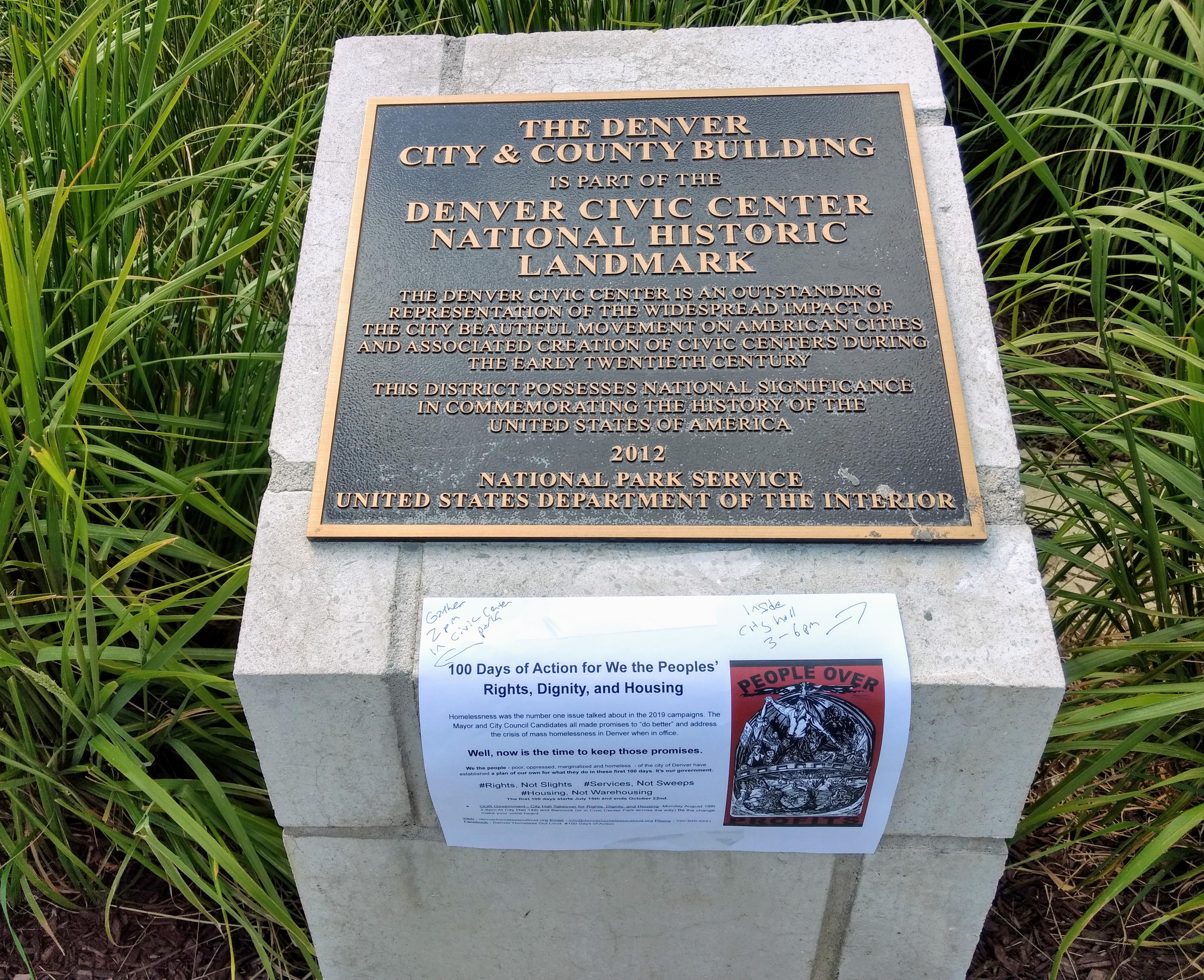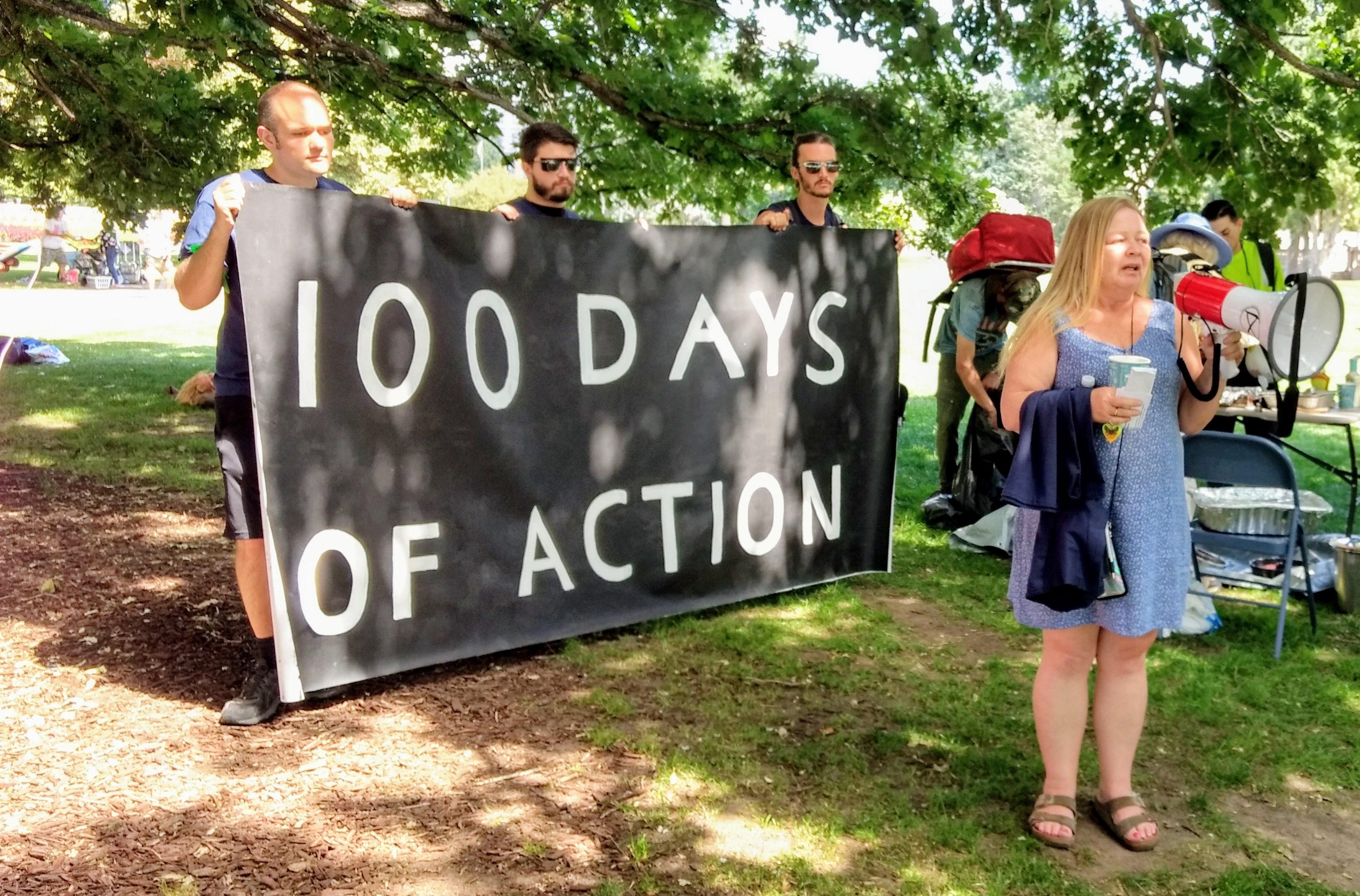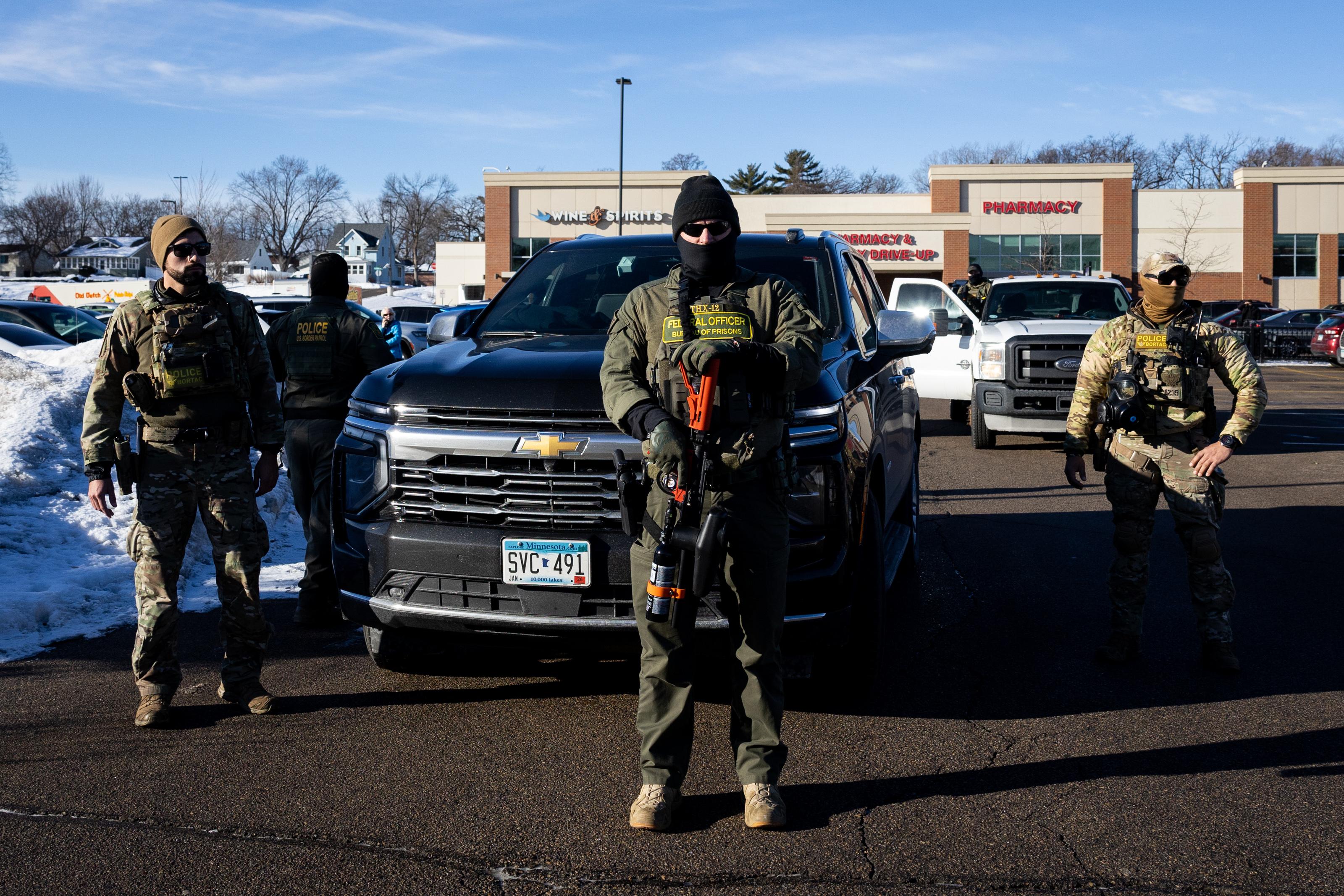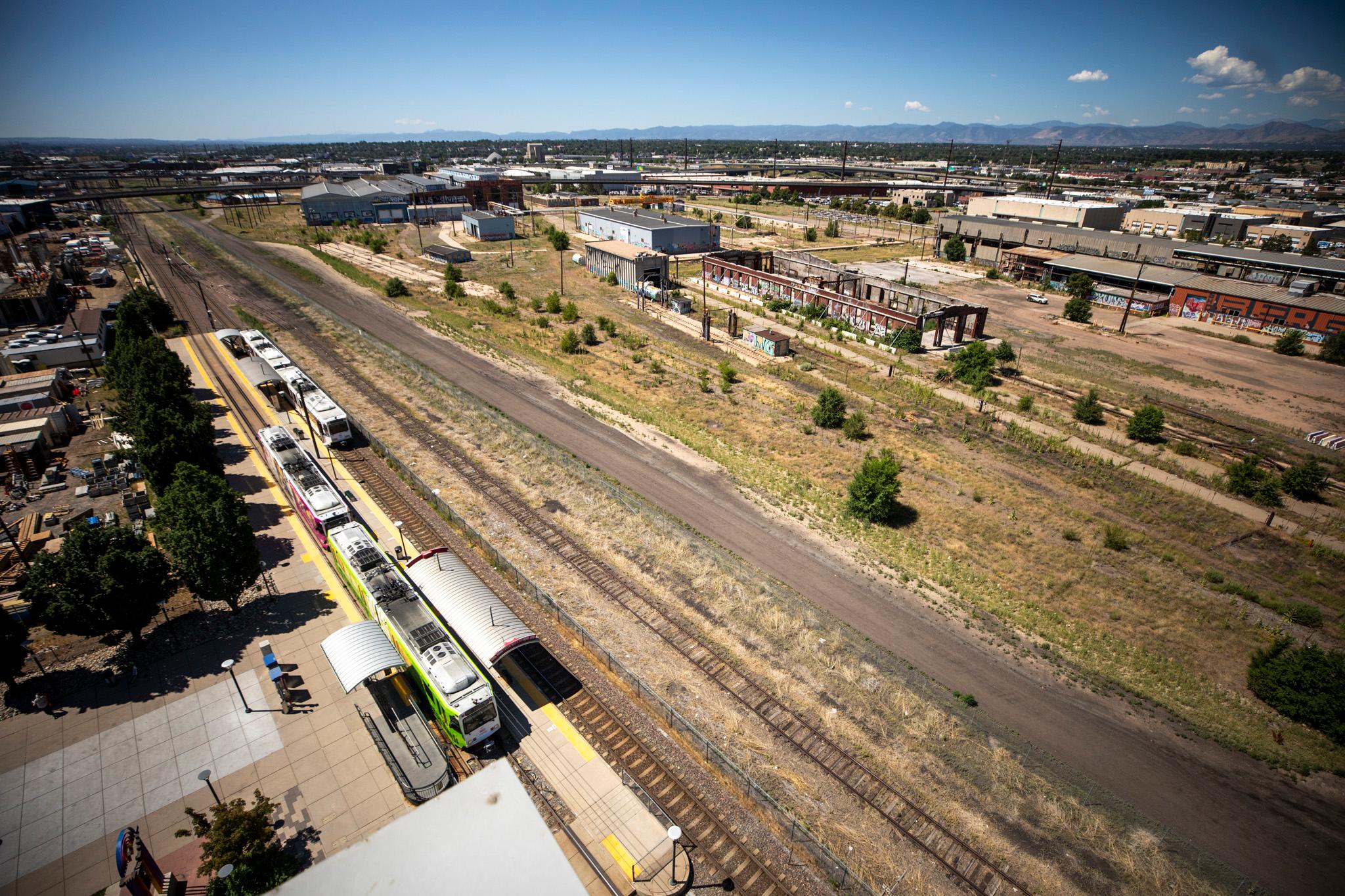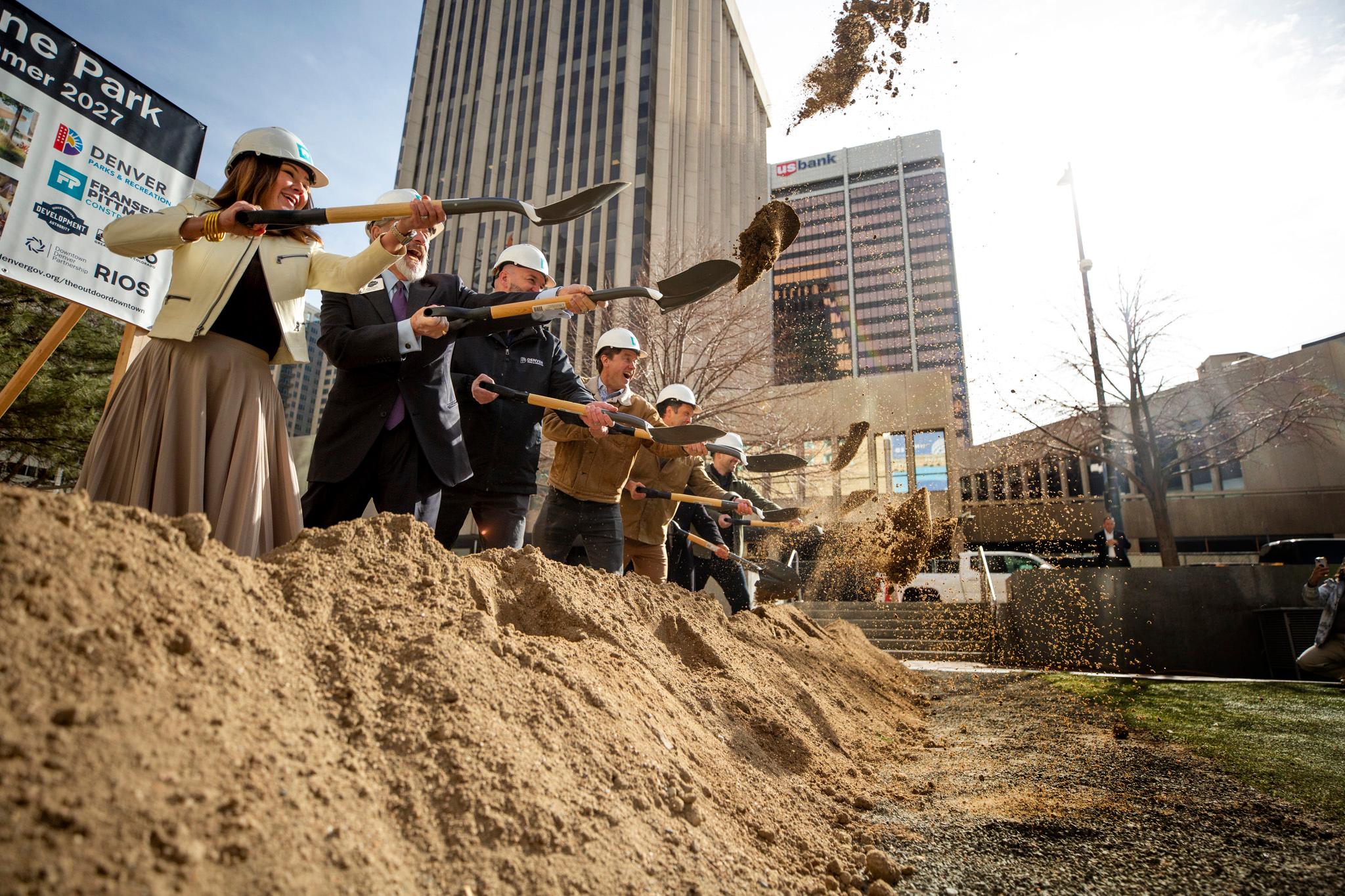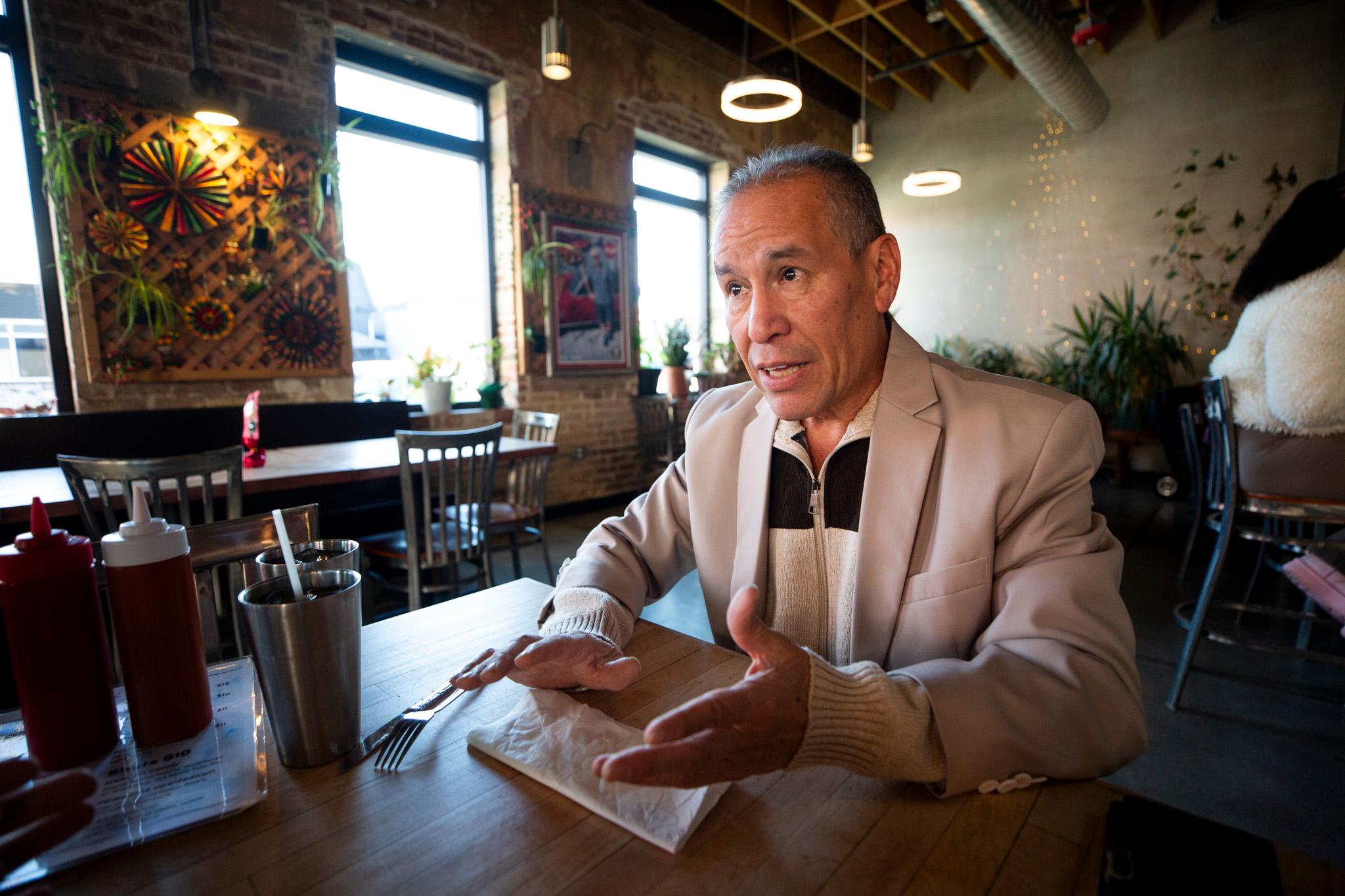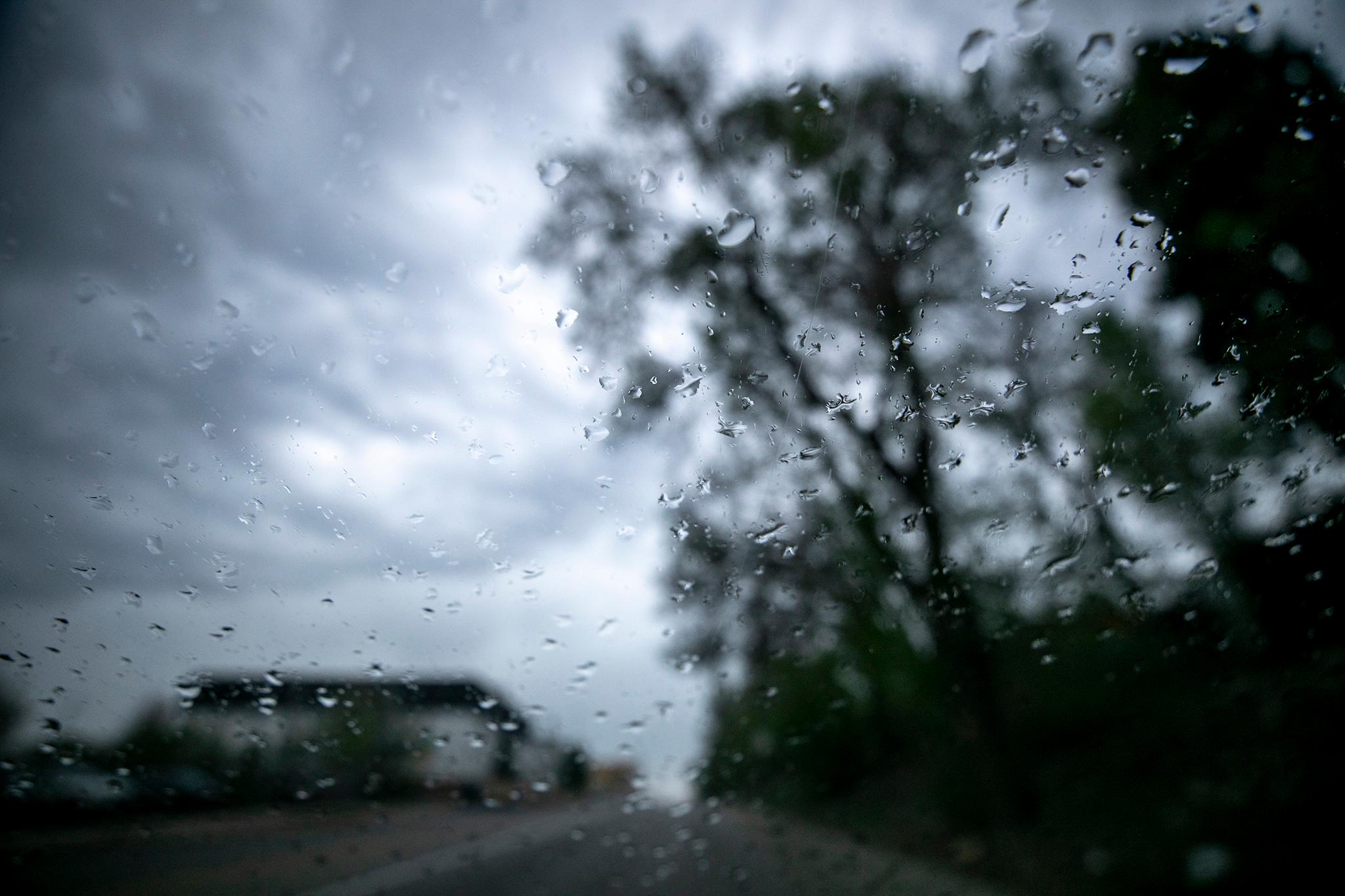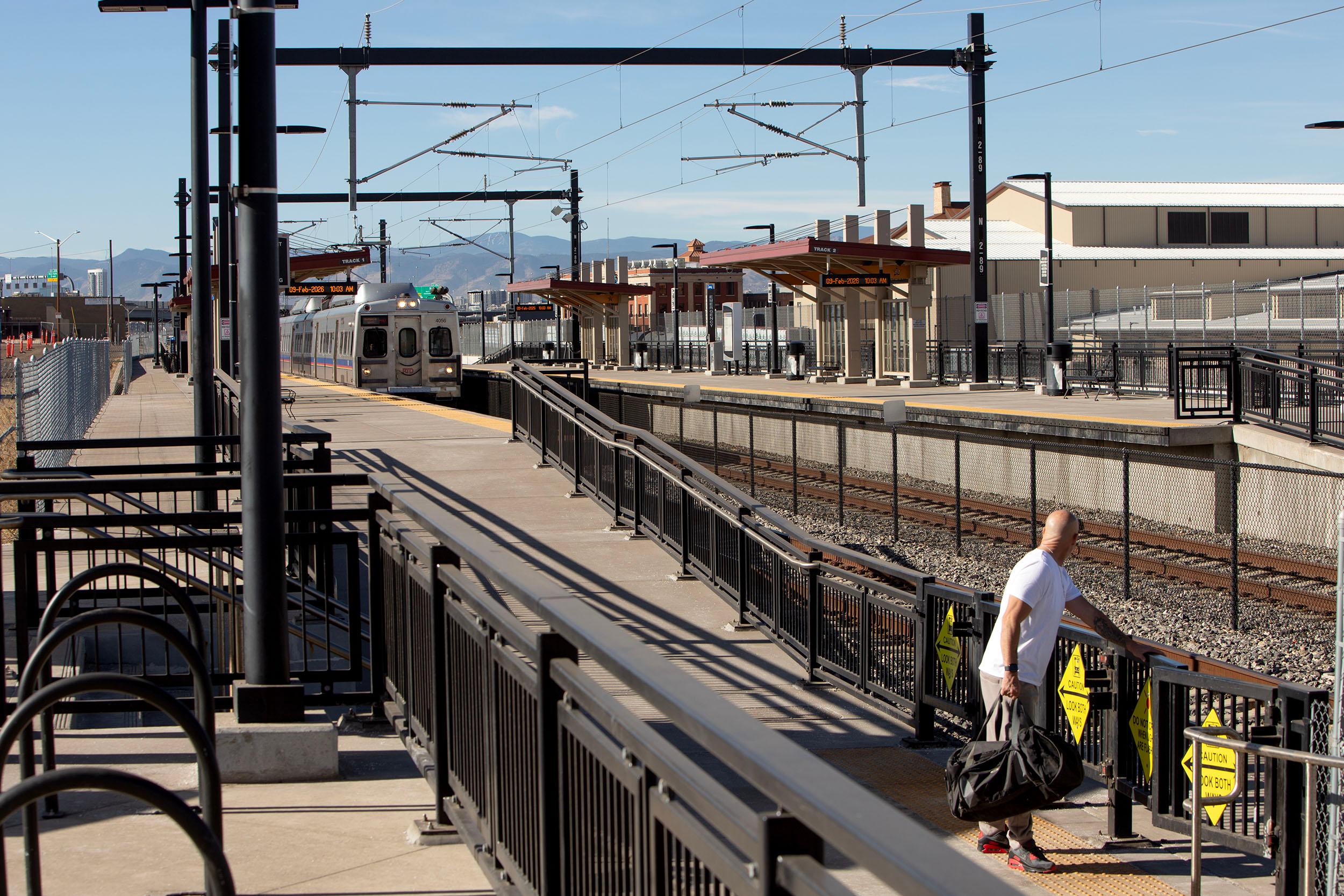Two minutes isn't much time.
But it was enough for Yolanda French Borders to sketch out her experience working three jobs and still only being able to afford to live in her car. French Borders spoke Monday before City Council's Homelessness and Housing Work Group as part of a campaign by the advocacy group Denver Homeless Out Loud to speak the personal truth of homelessness to the politicians with the power to overturn a city ban on camping that has primarily affected people living on the streets.
French Borders said she hadn't heard of Denver Homeless Out Loud or its latest campaign until a week ago. When she did, the idea of going directly to City Council members with her story resonated, though she said she's never spoken out before.
"What I want to do for City Council is to take them on a walking tour of my life," French Borders had said as she prepared to enter the classical City and County Building on the west side of Civic Center Park, where many people experiencing homelessness sleep and eat.
After a brief rally and a lunch of pasta and chocolate cake in the park, French Borders and about a dozen others wearing blue T-shirts emblazoned with "Rights. Dignity. Housing." filed through the metal detector on City and County's street level, took an elevator to the third floor and began signing up for two-minute speaking slots during the public comment period of the work group's regular monthly meeting.
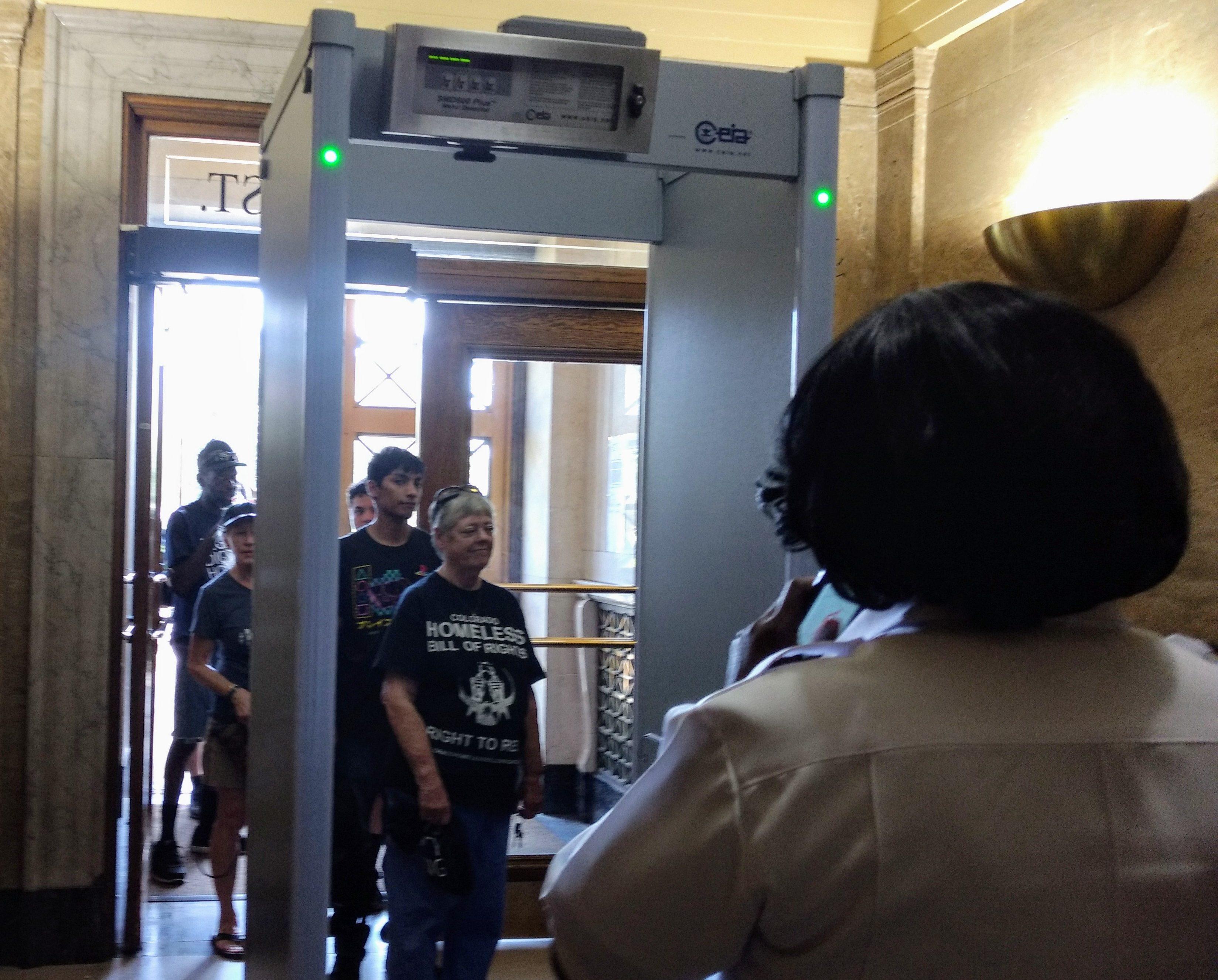
French Borders, who stocks shelves at a grocery store and works as a delivery driver for two online meal services, said she makes enough to pay for her car and its insurance and to eat. She told City Councilwoman-at-Large Robin Kniech and members of the work group that Kniech chairs that the kind of food she can eat when she doesn't have a kitchen to prepare her own meals is expensive, making it even more difficult to save for a home.
Kniech thanked the group for "keeping the urgency of this on top of our minds."
French Borders said that after two years on a wait list, she recently got a bed in a Denver shelter. She was asked to leave because her dog's growling disturbed others at The Delores Project. French Borders said she has a brain injury and is training the dog as a service animal to help cope with the symptoms of her condition.
"I had spent almost two years trying to get into that shelter. For one night," French Borders said.
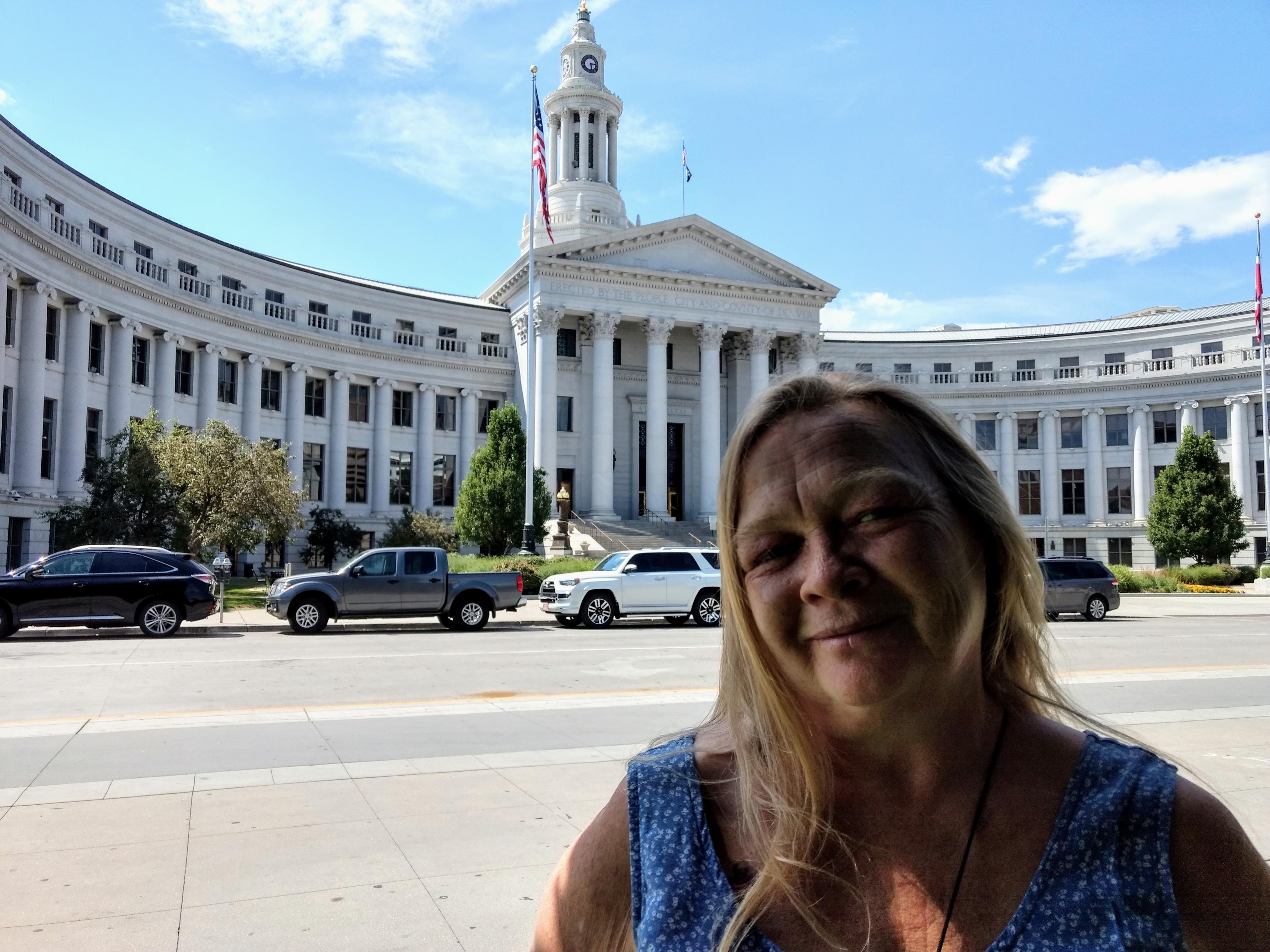
She has experienced homelessness on and off for 37 or her 50 years after a childhood that included physical abuse and foster care. She has earned two associate's and a bachelor's degree, but never found work that allowed her to be financially secure, perhaps because of her recently diagnosed brain injury. She now worries that her three children will struggle to be secure in their housing.
Patti Phillips Keller also addressed the work group, making the point that she does not fall into some of the stereotypes of homelessness.
"I am not a drug addict. I am not an alcoholic," she said.
"The only thing I did wrong was get cancer and live in a duplex that my landlord decided he could get 300 or 400 more (dollars) for," the former government worker said.
After she could not longer afford her duplex, she lived in motels and her car. She recently got a home in a Volunteers of America affordable housing complex in Montbello. But others still needed help, she said.
"Something has to be done," Phillips Keller told the group. "I am speaking out to get something done."
Denver Homeless Out Loud has put at the top of its agenda repealing the urban camping ban that City Council adopted in 2012.
Denver voters decisively rejected Initiative 300, the measure on the May municipal ballot that would have overturned the ban. Denver Homeless Out Loud got 300 on the ballot, arguing then and now that the ban violates basic rights and makes surviving on the street more difficult while people experiencing homelessness await permanent housing.
Opponents of 300 say repealing the camping ban would have undermined Denver's ability to maintain public order and sanitation. Organizations that provide shelter, health and other services to people experiencing homeless had questioned whether 300 could be read so broadly as to interfere with their efforts to help people in need. Some service providers had called instead for City Council to overturn the ban, saying that would be a more effective and targeted way to end what they -- and Denver Homeless Out Loud -- say amounts to criminalizing homelessness.
After addressing the homelessness work group, members of Denver Homeless Out Loud and their allies fanned out in small groups to knock on council members' doors.
Aide Liz Zukowski greeted the canvassers at Councilman Chris Hinds's door, telling them he was in a meeting. She accepted a sheaf of materials on Denver Homeless Out Loud's positions on his behalf and asked: "Is there any specific ask?"
Rosemary McDonnell-Horita was quick to answer: "Repeal the urban camping ban."
McDonnell-Horita was representing Atlantis Community, which advocates for people with disabilities. She said Atlantis has been working with Denver Homeless Out Loud on the city hall outreach and that many of the people it represented are experiencing homelessness. She said Atlantis and Denver Homeless Out Loud also were calling for changes to make shelters more accessible to people who use wheelchairs and improved access to public bathrooms and showers for people with disabilities.
McDonnell-Horita added the activists would be asking council members to go out into their districts to speak with people living in homelessness.
After knocking on doors at City and County, the activists held a briefing on homelessness outside council chambers. The session focused on the widening gap between wages and living costs that has contributed to a nationwide housing crisis and pushing back on arguments that individuals experiencing homelessness were somehow responsible for their plight.
The City Council meeting was preceded by a public comment period in which homelessness activists took six of nine speaking slots. French Borders spoke again.
Denver Homeless Out Loud plans to hold similar days at City and County next month and in October to press its calls for a repeal of the camping ban; improvements at shelters including ensuring they are ADA compliant; increased funding to create housing that the poorest can afford; more protection for renters; and other points in its 13-page agenda on homelessness.
